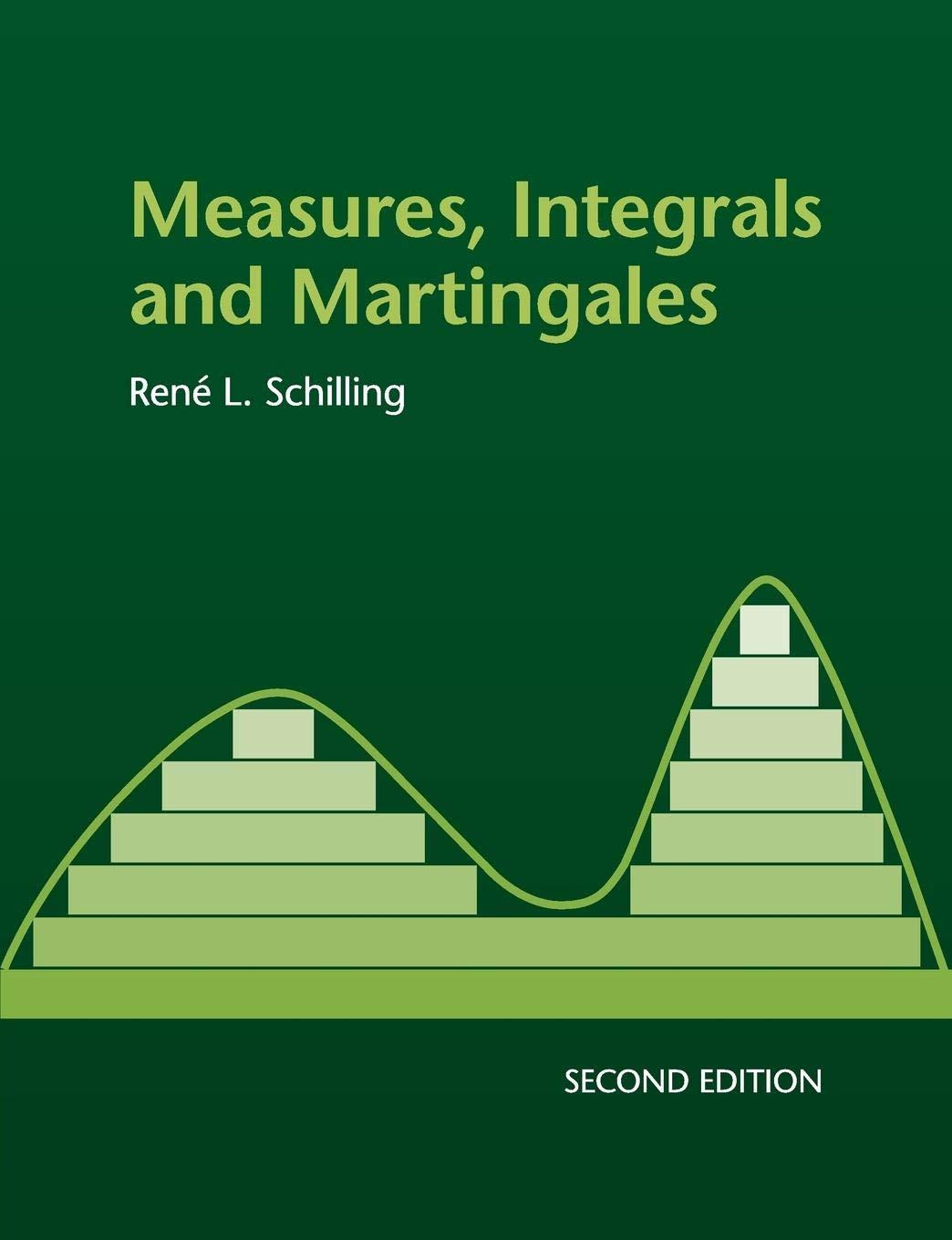Denote by (lambda) one-dimensional Lebesgue measure on the interval ((0,1)). (i) Show that for all (k in
Question:
Denote by \(\lambda\) one-dimensional Lebesgue measure on the interval \((0,1)\).
(i) Show that for all \(k \in \mathbb{N}_{0}\) one has
\[\int_{(0,1)}(x \ln x)^{k} \lambda(d x)=(-1)^{k}\left(\frac{1}{k+1}ight)^{k+1} \Gamma(k+1) .\]
(ii) Use (i) to conclude that
\[
\int_{(0,1)} x^{-x} \lambda(d x)=\sum_{k=1}^{\infty} k^{-k}
\]
[ note that \(x^{-x}=e^{-x \ln x}\) and use the exponential series.]
Fantastic news! We've Found the answer you've been seeking!
Step by Step Answer:
Related Book For 

Question Posted:





